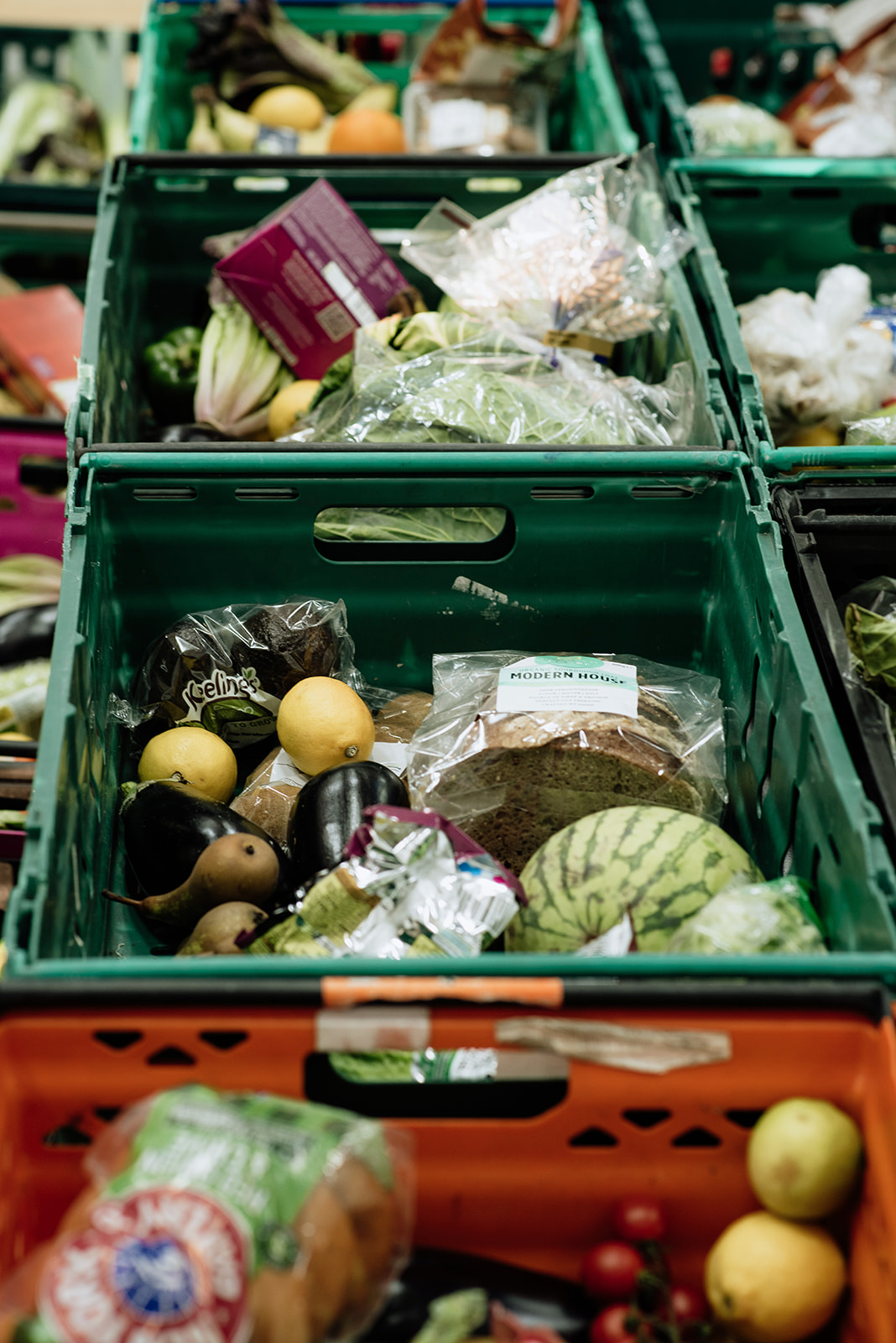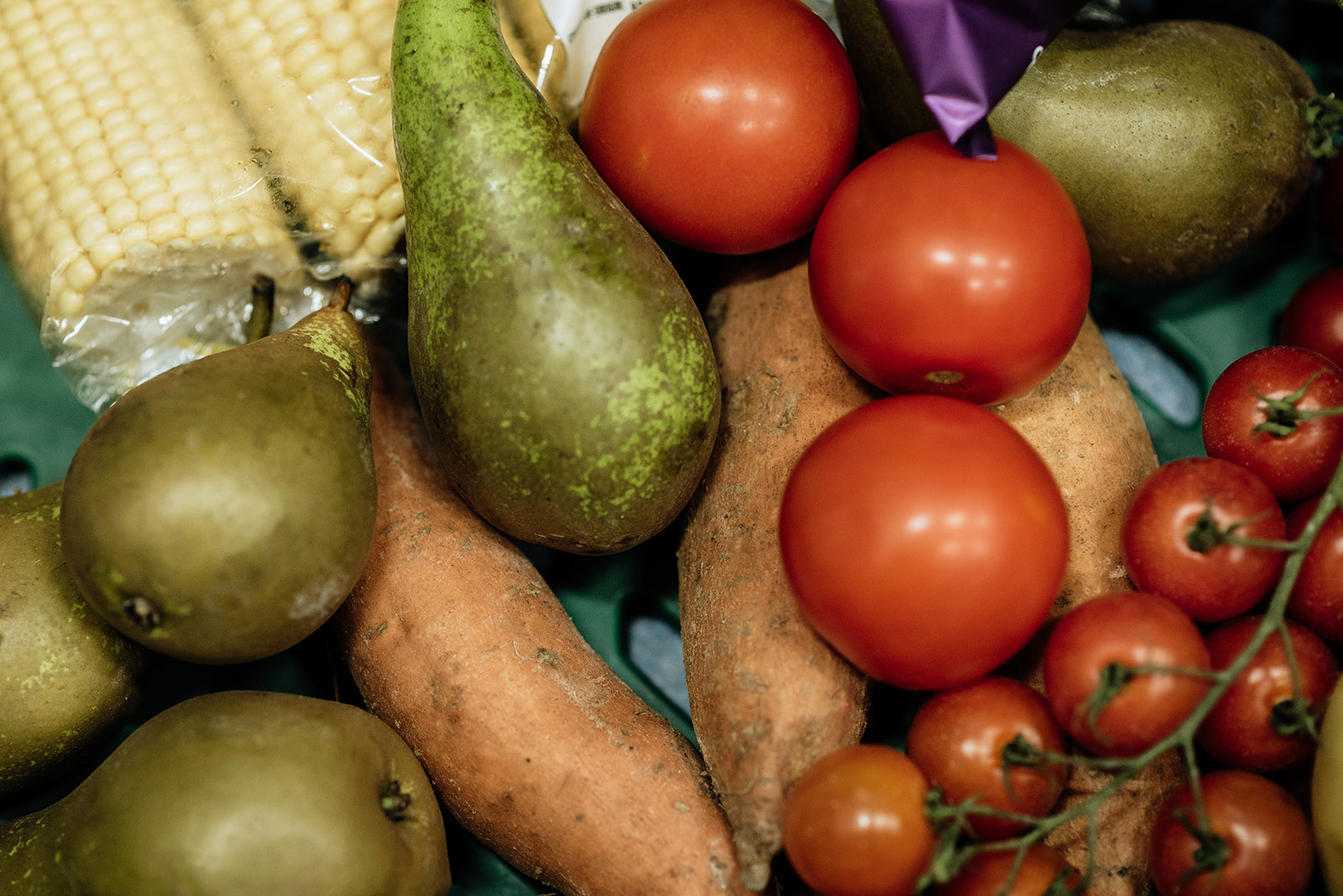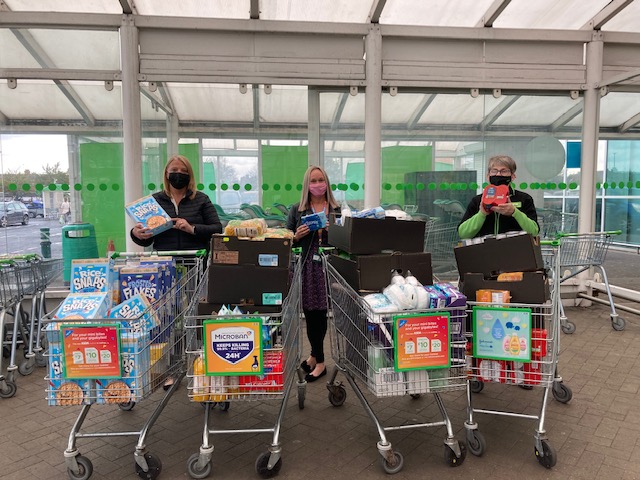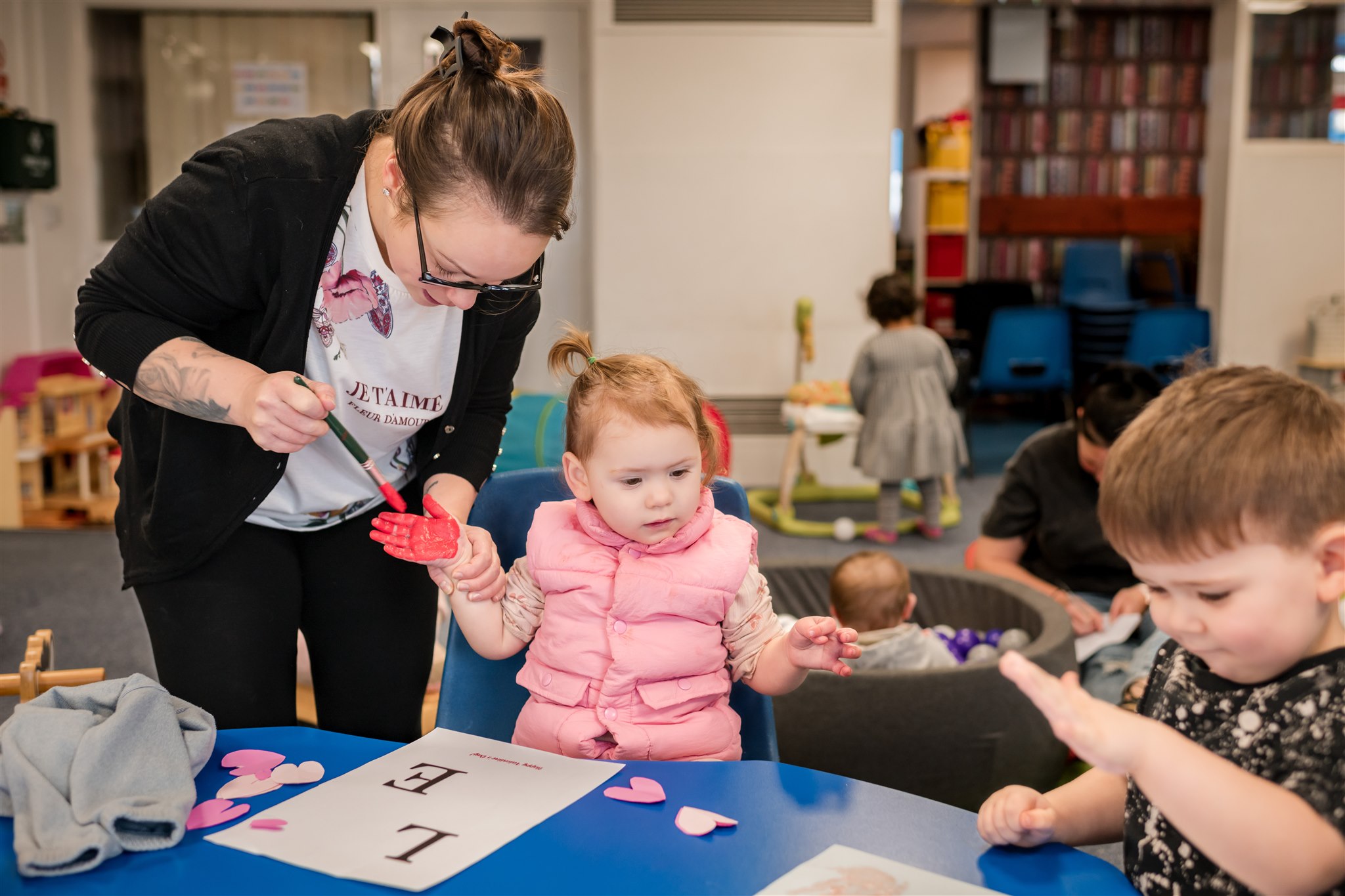Community Hubs Video

Community Boxes
At the beginning of the pandemic, we launched our Community Box programme to provide vulnerable families with near-expiry food and hygiene and educational essentials. The scheme has expanded to 23 schools and we've now delivered 150,000 boxes worth over £5m, helping reduce the cost-of-living as well as reducing national food waste.
The programme sees our schools become distribution centres for weekly boxes made up of surplus food sourced from charities such as FareShare UK, Felix Project and City Harvest, together with donations from local businesses. School staff and volunteers pack and distribute the boxes.
The programme sees our schools become distribution centres for weekly boxes made up of surplus food sourced from charities such as FareShare UK, Felix Project and City Harvest, together with donations from local businesses. School staff and volunteers pack and distribute the boxes.
The project was picked up by the BBC, and Parkfield Primary had a well deserved moment of fame as they featured in a segment on BBC1’s Morning Live.
The impact of these community boxes has been significant. As one parent stated:
“Lockdown has been isolating, so coming here on a Friday has allowed us to see people and collect our boxes. It gives us a stock of fruits and vegetables, and if something drastic happens tomorrow morning, I know that I have got someone to help me - even with the basics.”
We look forward to expanding the scheme to more schools.

Community Hubs
We're creating community hubs within our schools using underutilised spaces, such as unused caretakers houses. The hubs offer a number of services provided by third party providers to help not only our parents, but the wider community. The pilot project at Highlees Primary School in Peterborough started in 2024 and since opening has provided:
- Weekly baby & toddler group
- Baby & toddler swap shop
- Beds/mattresses for children
- Children’s shoes for struggling
families - Warm clothing provision
- Debt management courses
- Family cookery courses
- Family first aid courses
- Reading & craft sessions
- An NHS health visitor clinic
- Weekly food bank
- Employability & back to work sessions
- Community coffee mornings
- SEND coffee mornings
Find out more about what we do in Peterborough here. We're opening new 2-3 hubs in the West Midlands this year and plan to open community hubs in deprived areas of London in the coming years too.

Rackets Cubed
Since 2019, the Elliot Foundation has partnered with Rackets Cubed, a sports charity that runs integrated racket sport (e.g. squash or tennis), education and nutrition programmes for disadvantaged children.
The programme’s vision is driven by the increasing evidence that active children have higher school achievement and that nutritious foods improve classroom behaviour. There are a number of factors which have been shown to adversely affect a child’s learning and development (from NHS Wandsworth) and these include:
The programme’s vision is driven by the increasing evidence that active children have higher school achievement and that nutritious foods improve classroom behaviour. There are a number of factors which have been shown to adversely affect a child’s learning and development (from NHS Wandsworth) and these include:
- A child’s long term health and fitness is adversely affected by being overweight which in turn impacts learning and development in children.
- Disadvantaged children are less likely to participate in physical activity outside of school.
- Self-esteem, participation and confidence are all important factors in a child’s school attainment as well as their quality of life. Obesity can adversely affect all of these things and it is thought that poor self-esteem may be a reason for decreased attainment in obese children.
- Nutrition and physical activity interventions in schools tend to have the biggest impact in populations with a high prevalence of disadvantage
University College London researchers found just 51% of the 6,500 children they monitored achieved the recommended hour of physical activity each day. For girls, the figure was just 38%, compared with 63% for boys.
Our partnership will help our children fulfil their academic potential, improve their physical and mental health, and aim high in all aspects of their daily lives.

Free Clothing for Deprived Children
Multiple schools have become distribution hub for Sal's Shoes who provide new schools for deprived children. We have additionally partnered with Cosy Coats and Wrap Up London to provide free winter coats to selected students who we believe really need one.
Pictured: Delivering winter coats to a London school in 2024.
Pictured: Delivering winter coats to a London school in 2024.






